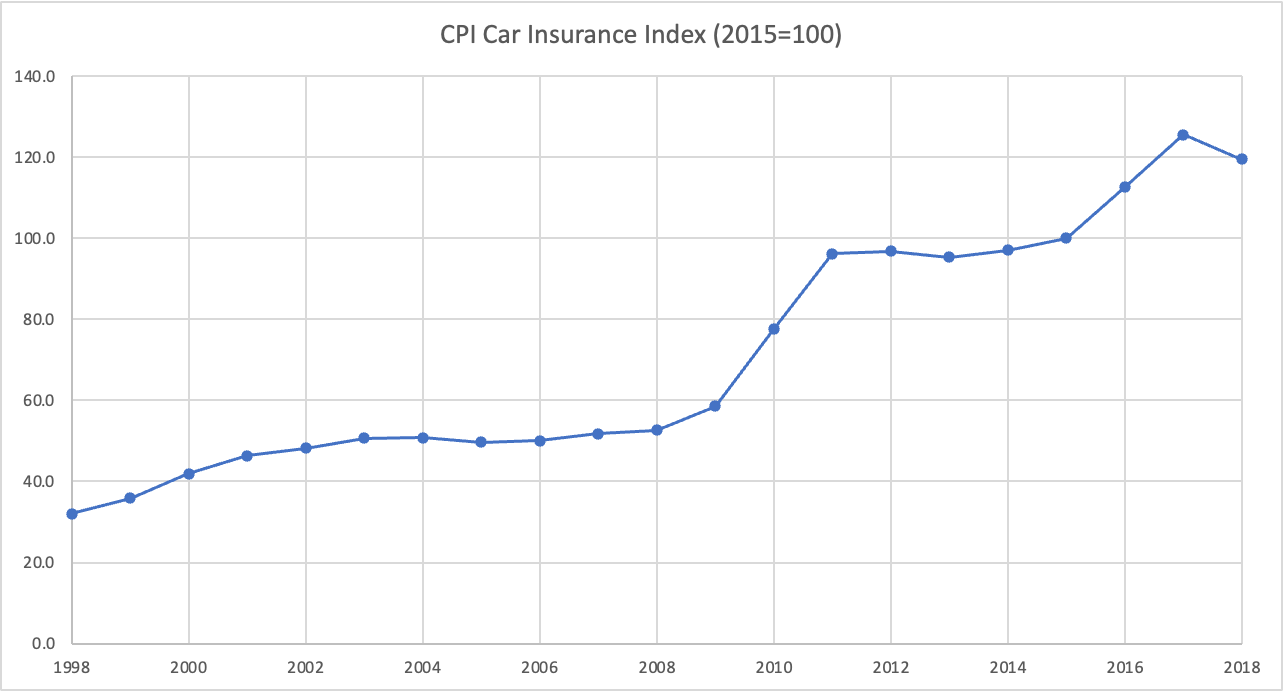Why we need this new start-up in Britain...
Because cars are too expensive and it is hurting the economy.
There is a new EV start-up in the US called SLATE Auto Inc. It’s causing a stir for lots of reasons; it has some big financial backers including Jeff Bezos. It has produced a stylish first model that allows buyers a lot of choice with colour and layout (see below). But most importantly, it has turned heads with the price tag. The SLATE truck is marketed for just $27,000. With a $7,000 EV rebate from the Federal Government, it will only set customers back $20k ! That is very cheap, the average cost of a new car in the US is $48,000, a used car is slightly less at $25,000. The price increases if you add-on luxury features - larger rear bumpers, tyre-rack, interior speakers and stereo. But if you stick with the basic package (and sure it is basic) you wont part with a penny more than $20,000. Which is helpful, because the company was founded to give buyers an affordable option.
What a great step forward for the US car market! And obviously a reflection of a well known fact - cars are too expensive (see below, the cost of a new car has increased by an average of 40% over the last 10 years in the UK, a new car is now approximately 2/3rds of an annual salary). I had thought of writing a blog on why cars are expensive in Britain, but realised two things, (a) new cars have been considered too expensive for two decades, the Government pushed the Office for Fair Trading to investigate the market back in the 90s, and (b) everyone knows why the car market is expensive - regulations (safety standards), cost of production, supply chain issues, access to finance, and changing consumer habits (we want bigger and faster cars, with more onboard technology).
The problem is that cars are critical for our economy in Britain. The cost of housing is regularly cited as a major drag on economic growth. Too many people cannot get on the housing ladder, aren’t able to accumulate asset wealth and feel marginalised out of the economy. The cost of car and travel is, however, a very different drag on the economy. Just less than half the labour market need a car to get to work, even if that means driving from homes to public transport hubs. That is 12.5 million people every work day getting into their car. They are more likely to live outside of London (where intercity transport is well established) and work in areas of the economy deemed critical - adult care, the NHS, education, law and order. We all saw key workers travelling to work during the Covid-19 pandemic, well that was not out of the normal. Our NHS needs cars to get its workforce to work in the morning!!!
And of course, let’s not forget the millions of businesses that rely on vans, cars, HGVs and road based transportation every day to keep their business ‘on the road’; logistics firms moving road-freight around the country, construction and agricultural companies who often need to get materials to obscure locations, sales agents who need to visit clients and customers across the country, and sole traders who work in roofing, gardens, cleaning windows, plumbing… the list goes on. They all rely on access to a vehicle and the ability to drive from job and customer, to job and customer.
Prices for new cars aren’t the only problems facing motorists. Petrol has also almost doubled in price over 20 years and insurance premiums have quadrupled. If you add it all up someone driving a Nissan Qashqai (the most popular new car registered in June 2025) can expect to pay on average £75 per month in insurance premiums. Assuming they drive on average 617 miles per month, that is £80 per month in fuel. If they bought the car on finance (highly likely), assuming a £5,000 deposit against a retail price of £33,385, they would have to pay another £331 in monthly repayments. That’s £486 per month post-tax, 20% of the average workers monthly take home pay, just to own a car. It’s a lot of money.
Which is why I think Britain needs more affordable car options, and from new companies looking to disrupt a market dominated by the same names. Most new car companies seem to offer cars at very high prices - a Tesla Model Y is approximately £45,000, the new INEOS Grenadier is £65,000, Polestar EV’s start at £60,000. Why can’t a new car company come along with a family SUV option that is both stylish, safe, basic and less than £20,000?
Conventional thinking would suggest that starting a new car company requires billions of £’s, perseverance and remarkable luck. The optimists perspective would take in to account the fact we have a rich culture of automobile manufacturing, we produced 750,000 cars in 2024, behind Spain, France and Germany but still considerably more than most other countries. Despite Brexit we continue to export a lot of the cars manufactured in the UK. We have a deep capital base with a large VC scene that allows any serious start-up to access growth equity and debt capital. We have a growing EV ecosystem that is competitive against countries like Germany that continue to over tax companies. We have EV gigafactories in Sunderland supporting Nissan, and new ones planned for Somerset and Coventry. It is not beyond the UK Government to support any promising start-up with adequate subsidies and regulatory support if a new car company were to begin to flourish.
In summary, this should happen!









